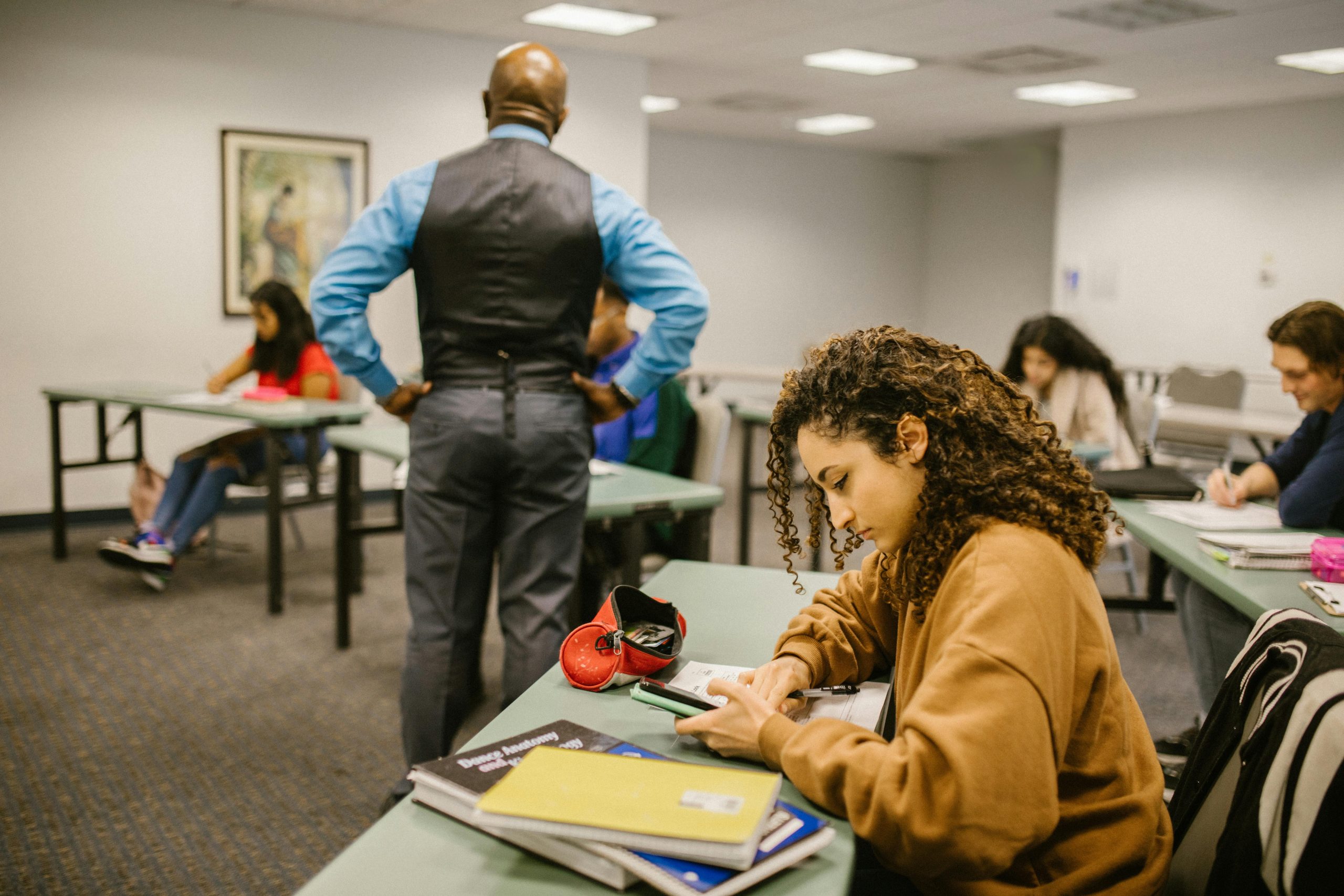Reflecting on Teaching Approaches in U.S. Government Courses: A Student Perspective
As the academic year progresses, many students enrolled in U.S. Government classes may be contemplating the pedagogical approaches adopted by their instructors. With recent national developments capturing widespread attention, it raises an interesting question: How do professors approach discussing current events in the classroom?
Academic instructors often face the challenge of balancing comprehensive subject coverage with maintaining neutrality, especially when contemporary issues dominate public discourse. Some educators may choose to steer clear of specific topics to avoid unintentional bias or political controversy, while others incorporate current events to enrich students’ understanding of governmental processes and civic engagement.
This dynamic creates a diverse landscape of teaching styles and classroom atmospheres. For students, it can be insightful to observe their professors’ tone and approach when addressing politically sensitive topics. Does the instructor foster open discussion and critical thinking, or do they prefer a more reserved, neutral stance? How does this influence your learning experience and your grasp of governmental functions?
The ongoing national conversations and milestones make this an especially compelling time for students taking U.S. Government classes. Engaging with instructors on their perspectives and methodologies can deepen your understanding of how academic environments navigate complex, real-world issues.
In conclusion, reflecting on your classroom experiences this semester can provide valuable insights into the educational strategies employed in teaching civics and governance. As always, approach these discussions with curiosity and an appreciation for diverse viewpoints, which are foundational to democratic engagement and personal growth.
